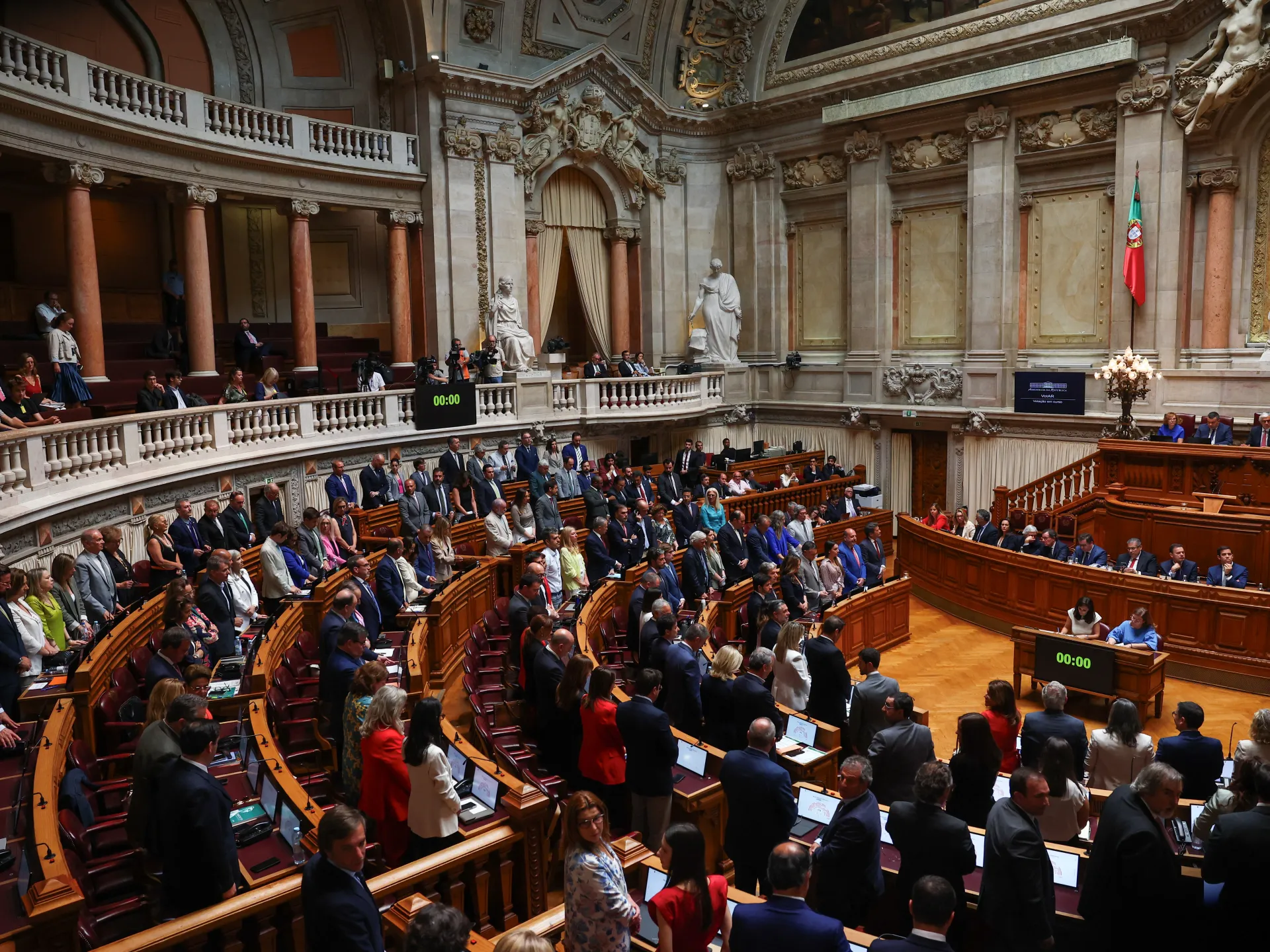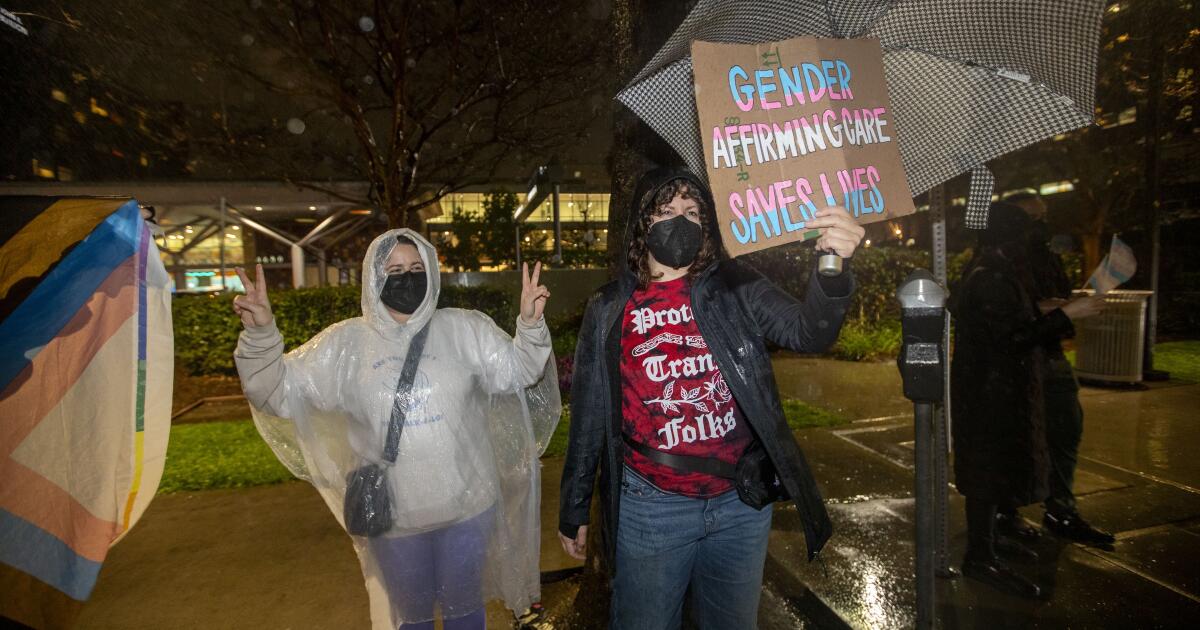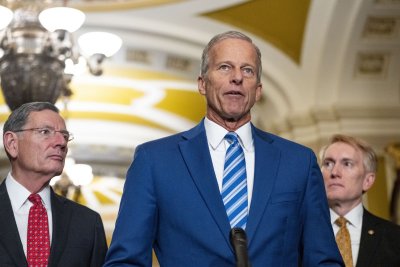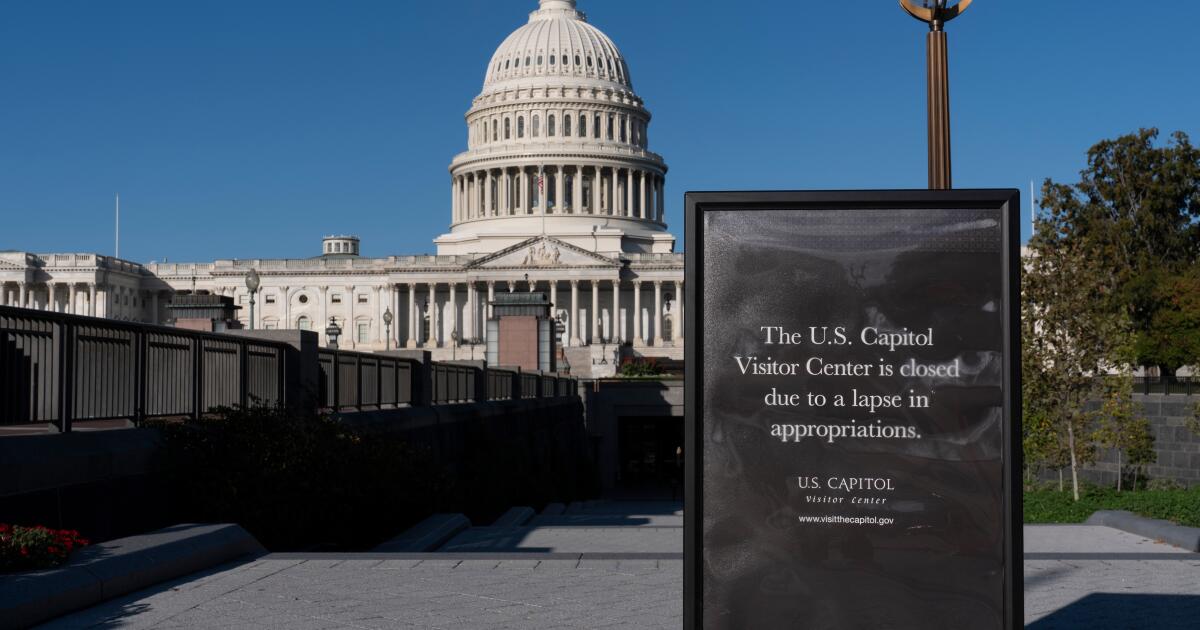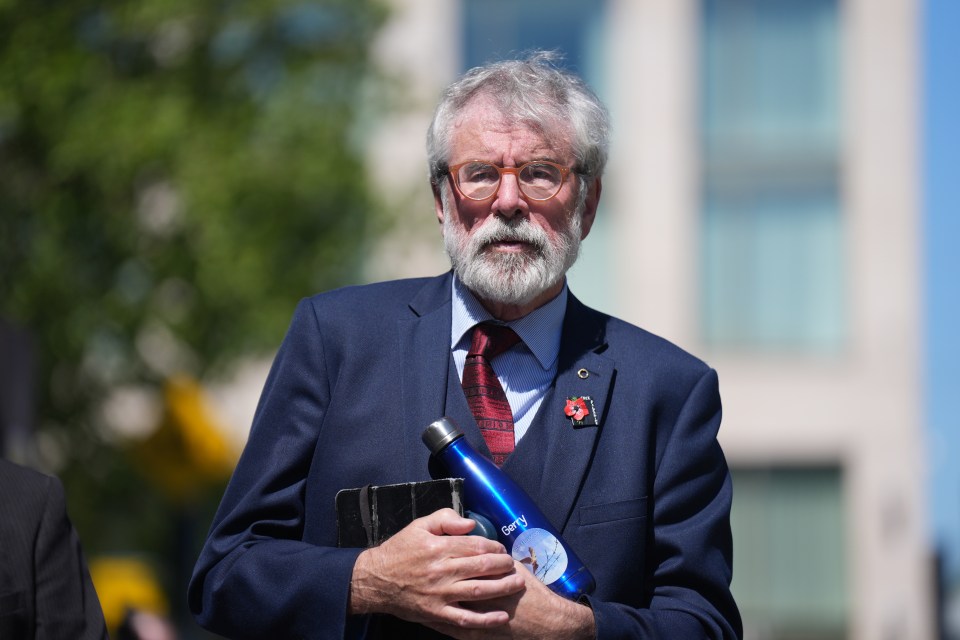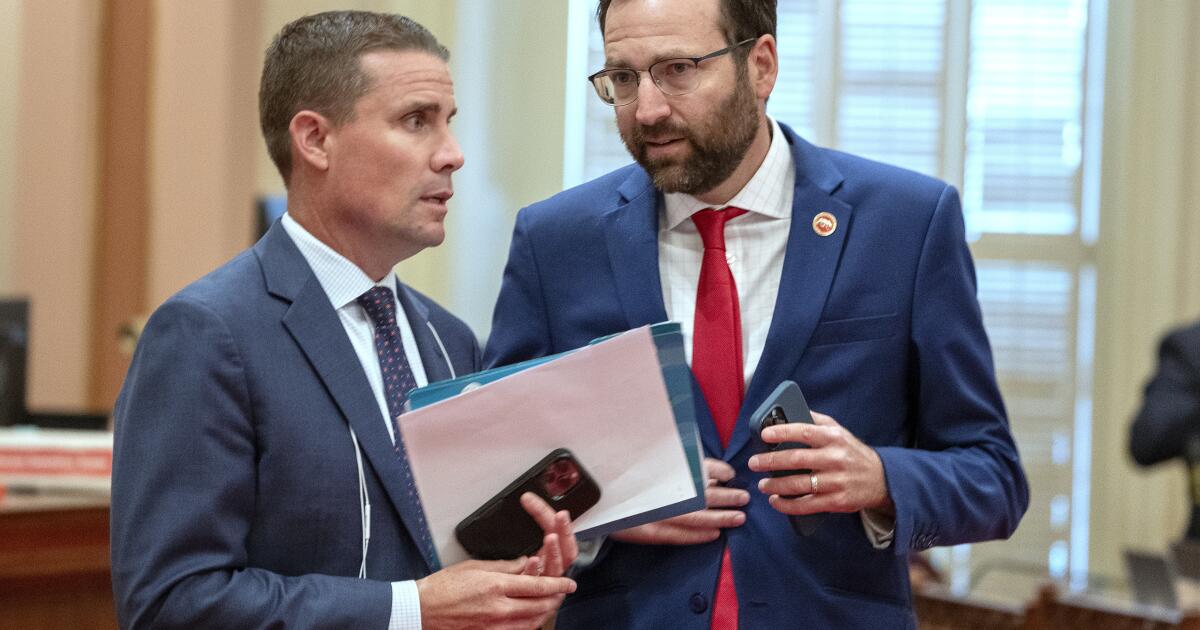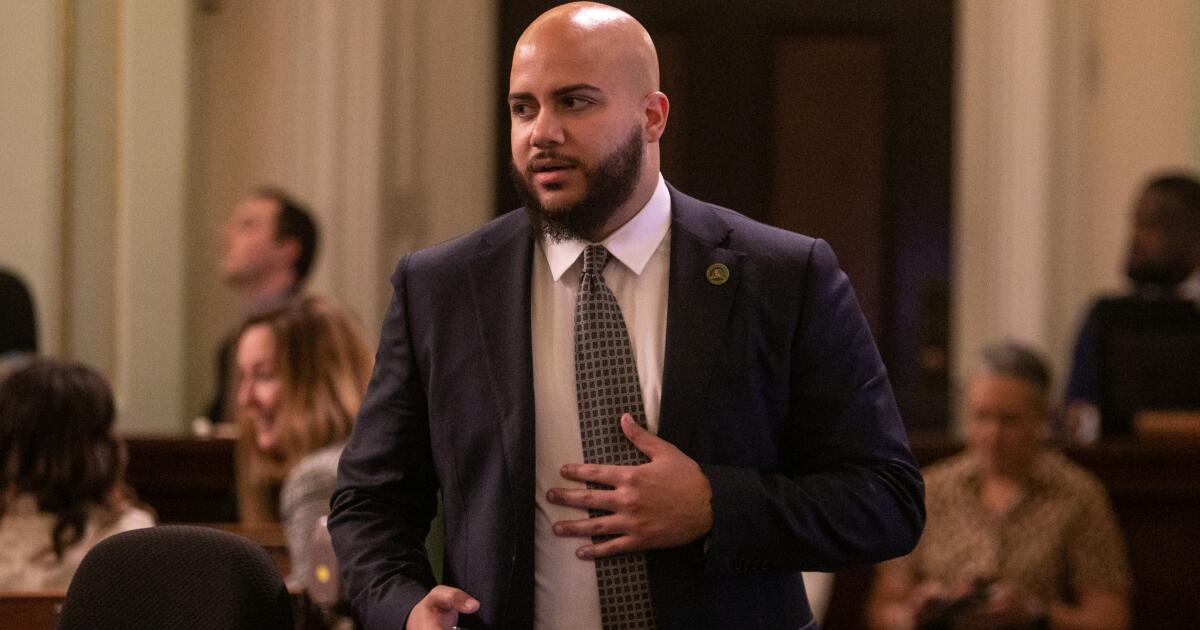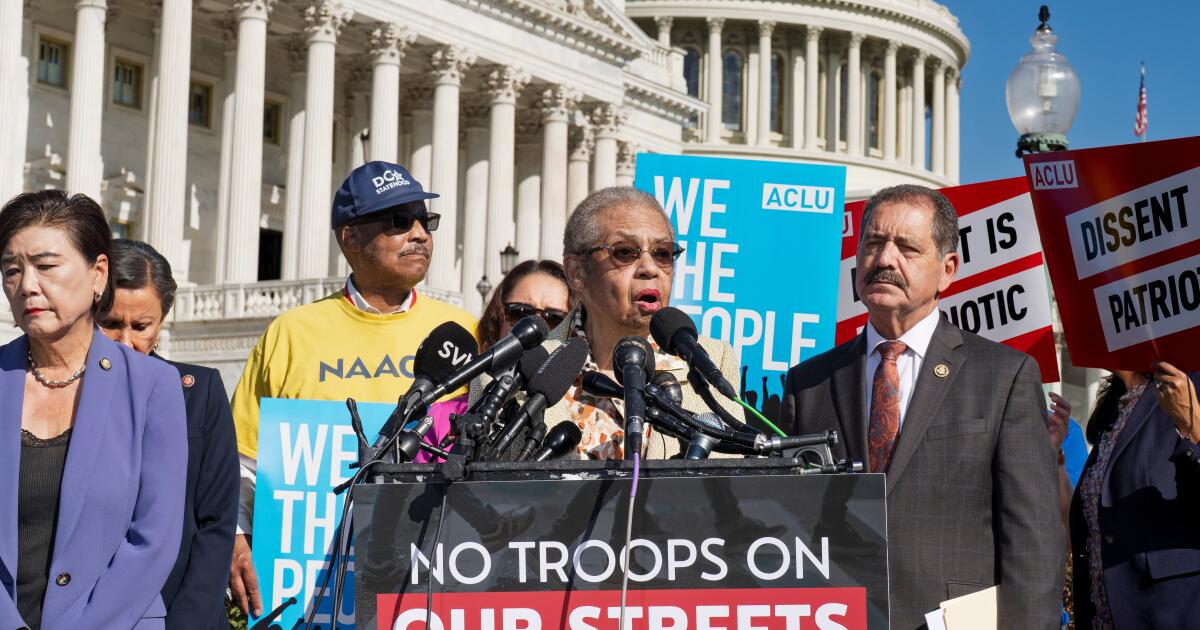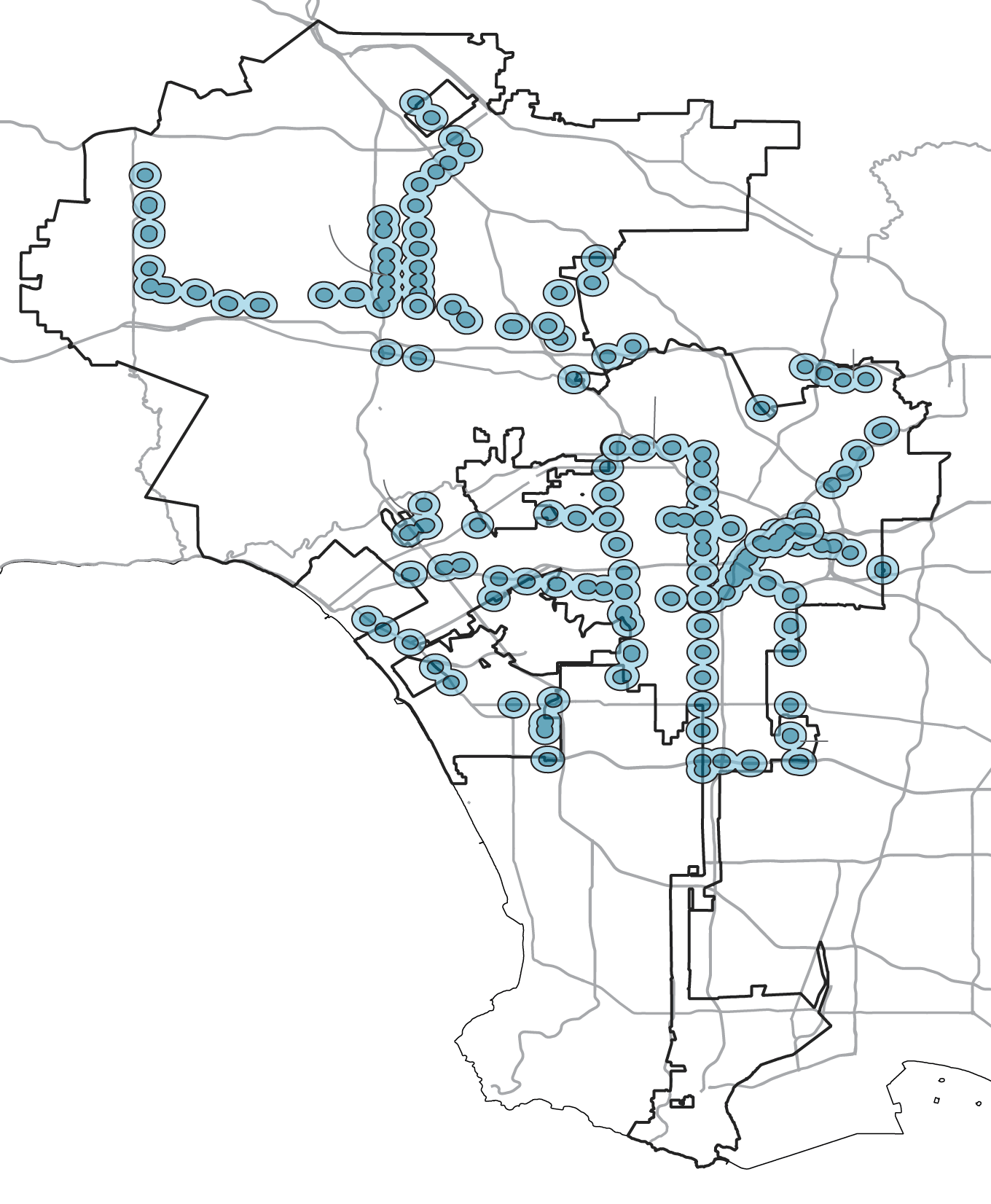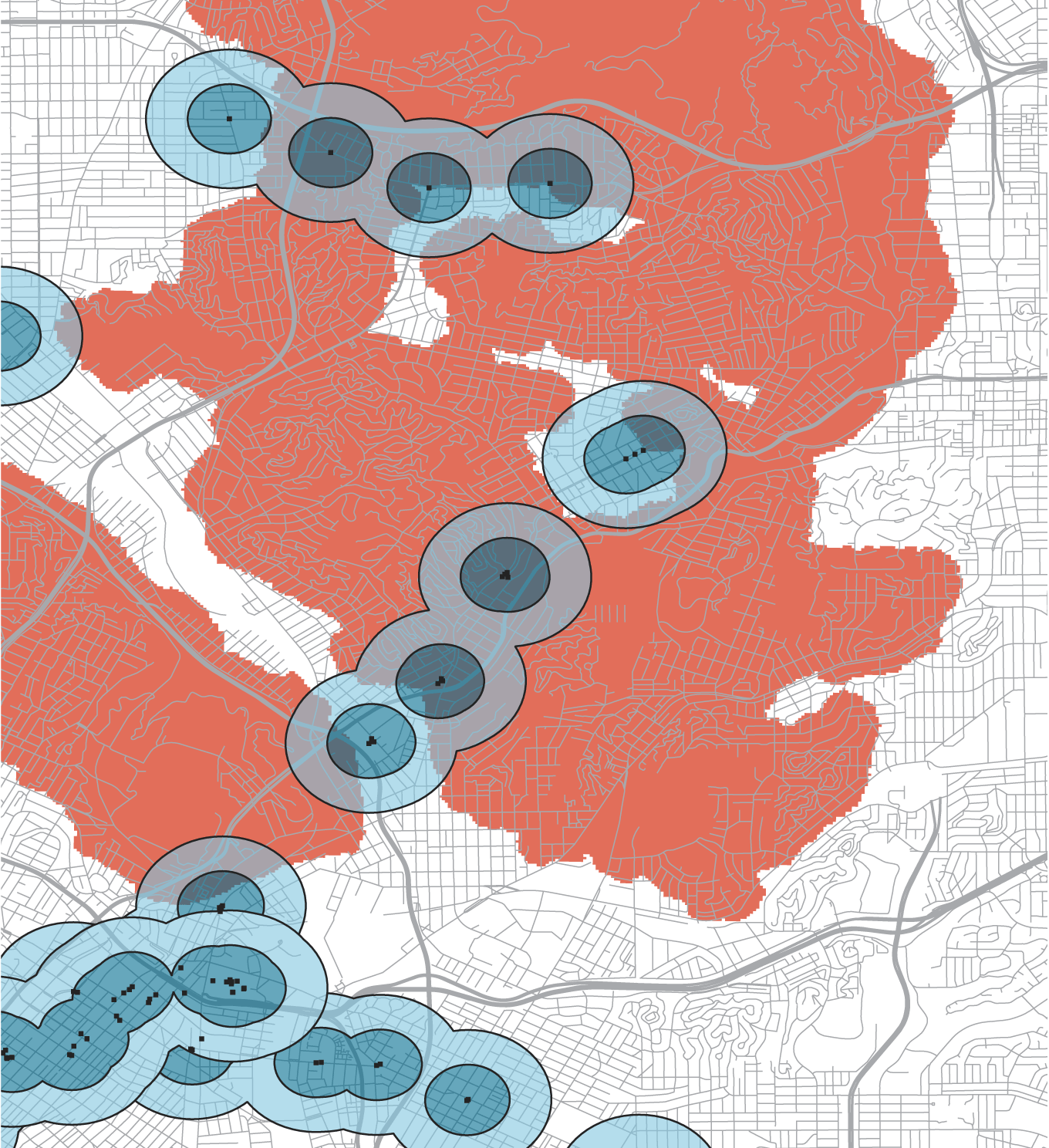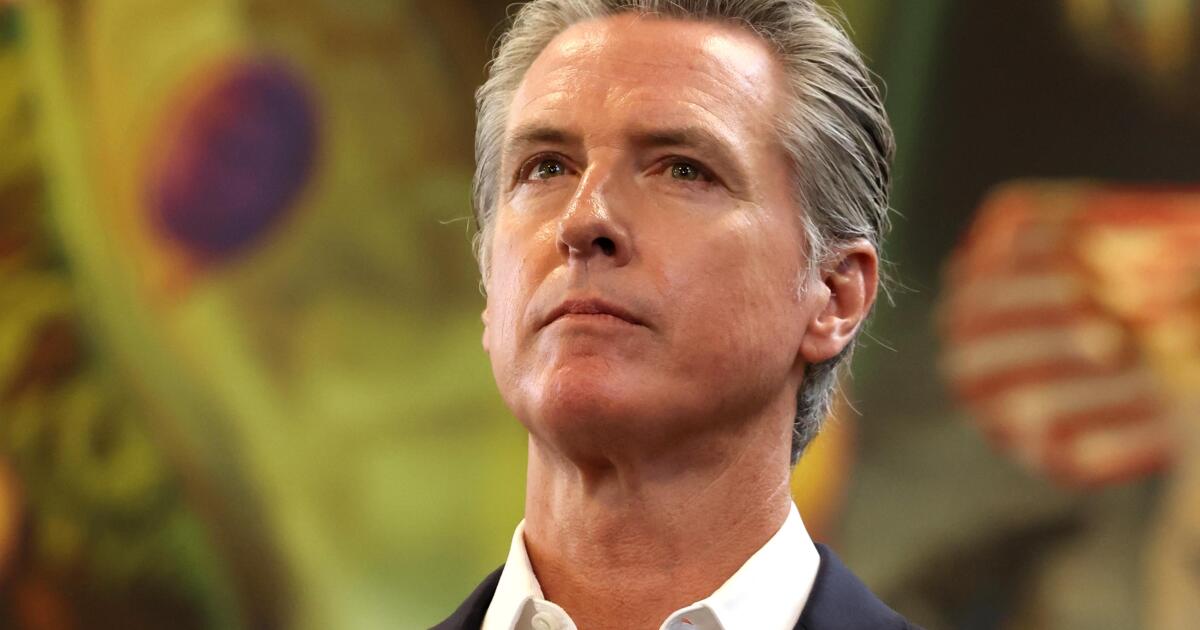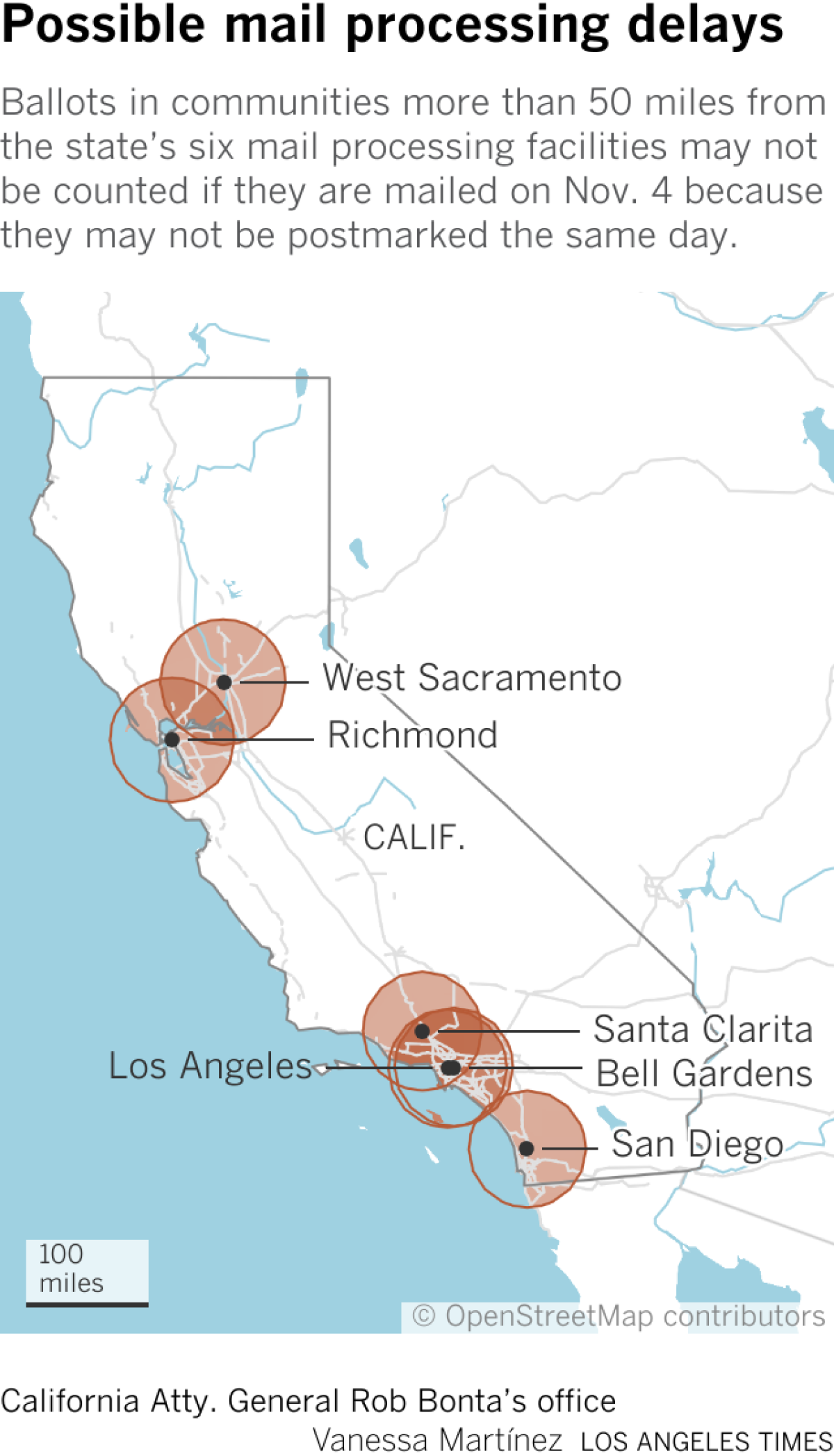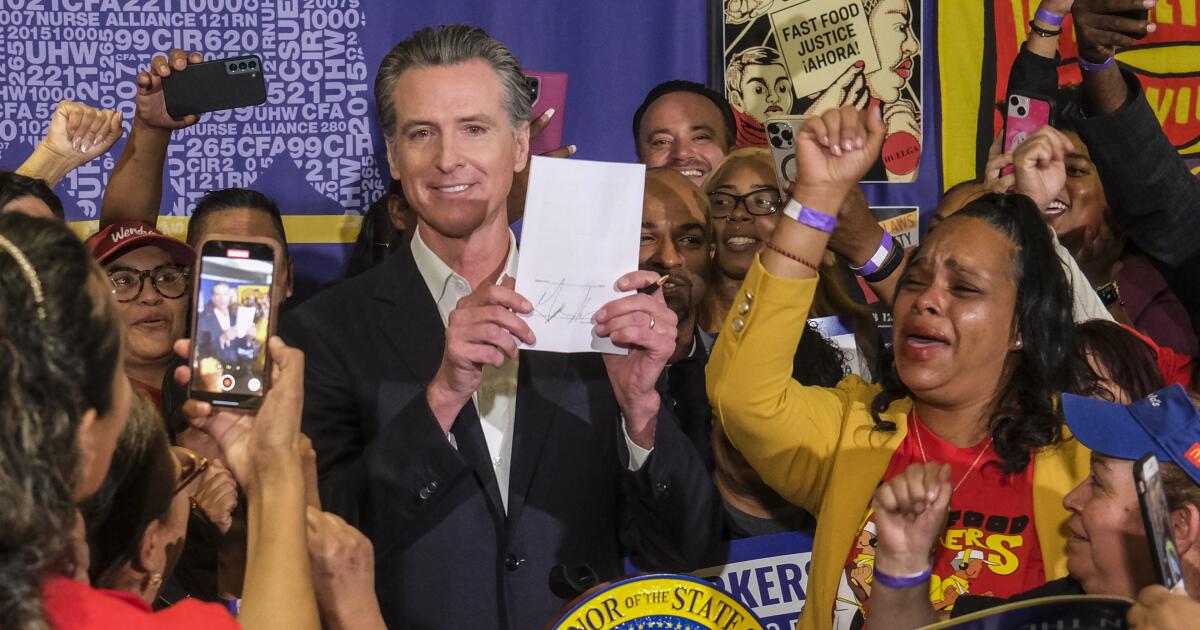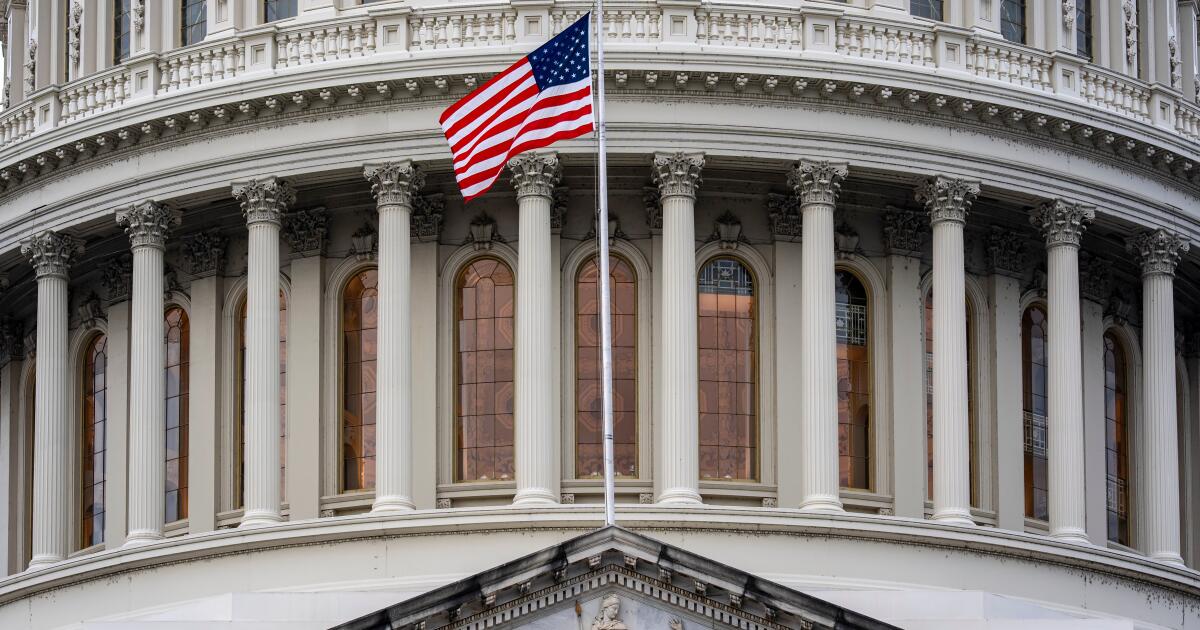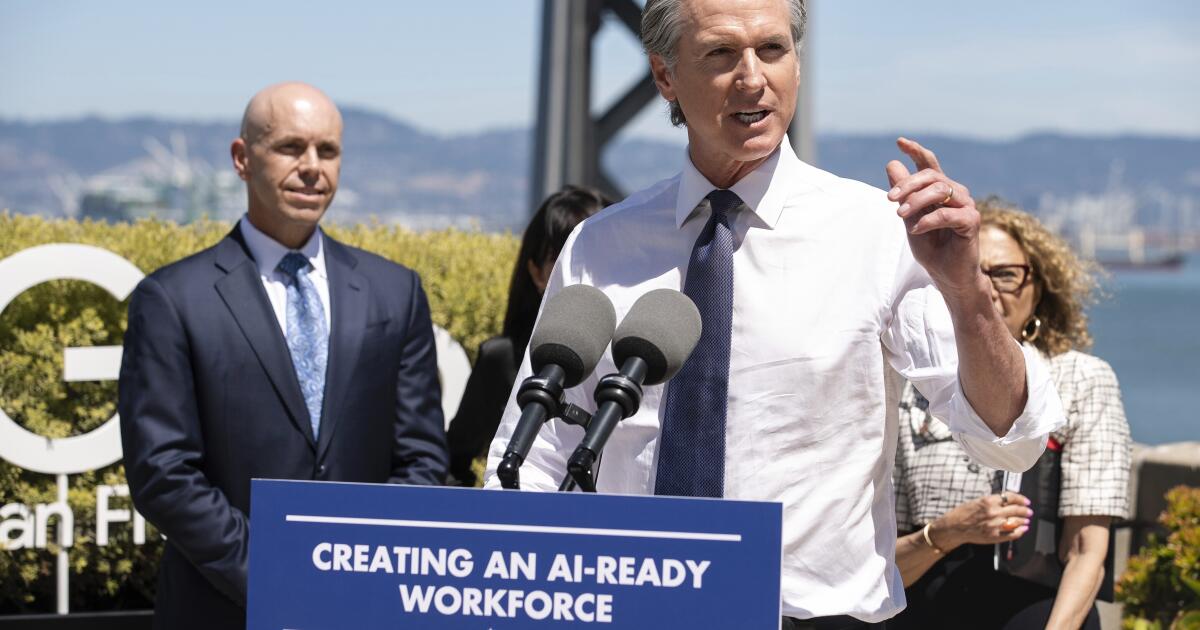Carlson Turner, seven, suffered the nasty injury backflipping into a swimming pool on holiday in Antalya, Turkey, and needed urgent treatment at Konakli Medical Centre
A mum was forced to fork out £1,500 when her son split his head open backflipping into a pool on holiday – as the hospital didn’t accept her Asda insurance.
Rhiannon Dunn, 32, was left “panicking and I was crying” when little Carlson was rushed to a medical centre to treat the 1.5cm gash on the back of his scalp following the accident. The seven-year-old lad had four stitches put in his head under local anaesthetics and an X-ray on his skull to make sure there were no fractures.
Rhiannon had secured insurance with Asda before the trip to Antalya, Turkey at the start of September, but the hospital would not accept the cover. The mum of four had to cough up £1,532.27 for the treatment before Carlson could be discharged from Konakli Medical Centre.
After Asda was approached by journalists, it said it has paid Rhiannon in full and “surprised and disappointed” the medical centre would not accept the £40 Superior Asda travel insurance.
READ MORE: M&S cafes: Marks and Spencer closing 11 restaurants as part of huge shakeupREAD MORE: British dad breaks spine and hip after horror fall from Ayia Napa hotel balcony
The accident happened on the first day of the trip, which Rhiannon had booked as a birthday present for Carlson. The youngster hit his head with such force it split open, causing severe bleeding.
Rhiannon, a full-time carer, said: “His cut was so wide open and deep, he needed stitches and to go to hospital. The wound was very deep and black and because he’s a red head it stood out.
“Everything was fine but then they shut us in a room and told us we had to pay the last bill. I told the hospital we had travel insurance from Asda. It was a premium travel insurance with unlimited access as I know kids can be clumsy.
“I was more worried about my son. He was looking at me and he was scared and frightened. I was more upset as you buy travel insurance for a reason and they wouldn’t accept it.
“In the end I had to borrow money from a friend. I don’t know what would have happened if I didn’t pay. Asda were shocked that they [the hospital] wouldn’t accept it.
“Asda spoke to the Turkish hospital and the hospital still point blank refused to accept the travel insurance. We were [put] in an office box room until we paid up. Asda were very distressed with the hospital and said they tried everything they could. I was panicking and I was crying.”
READ MORE: Brit who cracked his skull in horror holiday accident trapped overseas as ‘flying could kill him’
Konakli Medical Centre has apologised the mum felt “distressed” but said treatment is prioritised and “never delayed” over insurance matters. The hospital confirmed that ‘not all policies or insurers are accepted for direct cashless billing’, and in those instances patients are expected to pay the bill.
Rhiannon, who is from Cheltenham, Gloucestershire, is now speaking out about her experience to warn holidaymakers to check their travel insurance is accepted at hospitals near to where they stay.
“It’s annoying because you buy travel insurance for a reason… He told me he’d hit his head, [then I spotted the blood] and started panicking,” Rhiannon, a mum of four, continued.
“I just want to warn other parents to check your insurance and what hospitals it covers. The hospital said they don’t work with Asda travel insurance but Asda said they hadn’t been notified that they didn’t work with them.
“It’s affected me financially as you pay for holiday insurance for a reason and expect to pay the excess [if you need to claim], but I’ve never known to have to cough up the whole amount.
“I want to raise awareness to other families to make sure they do thorough checks and to make sure the local hospital near to where you are staying is covered through your insurance.”

Travel Insurance explained
A spokesperson for Konakli Medical Centre said: “Firstly, we take all patient feedback seriously, and we are sorry to hear that Ms Dunn felt distressed during her visit.
“We work with many travel insurance providers; however, not all policies or insurers are accepted for direct cashless billing, particularly when there is no prior agreement or contract in place.
“In such cases, patients are generally required to pay for treatment and seek reimbursement from their insurer. This is standard procedure at many private healthcare facilities internationally.
“Our medical centre always prioritises the urgent care and well-being of the patient. Treatment is never delayed due to insurance matters.
“Once the patient is stable and treatment is complete, administrative steps regarding payment or insurance are handled. No patient is ever held against their will at our facility. Payment is processed in a separate administrative area from the patient registration desk.
“Additionally, before any treatment is carried out, the full medical process and associated costs are clearly explained to the patient (or guardian), and informed consent is obtained prior to proceeding.”
After being contacted by journalists, Asda said they were ‘surprised and disappointed’ that the hospital didn’t accept the insurance details but said they had now processed Rhiannon’s claim.
An Asda Travel Insurance spokesperson said: “We are disappointed that Ms Dunn had this experience on her holiday, and we wish her son a speedy recovery.
“Ms Dunn’s insurance claim has now been accepted and paid in full. We were surprised and disappointed that the hospital did not accept her insurance details, which was the cause of this problem and, had the hospital followed normal process, the challenges experienced could have been avoided.”

